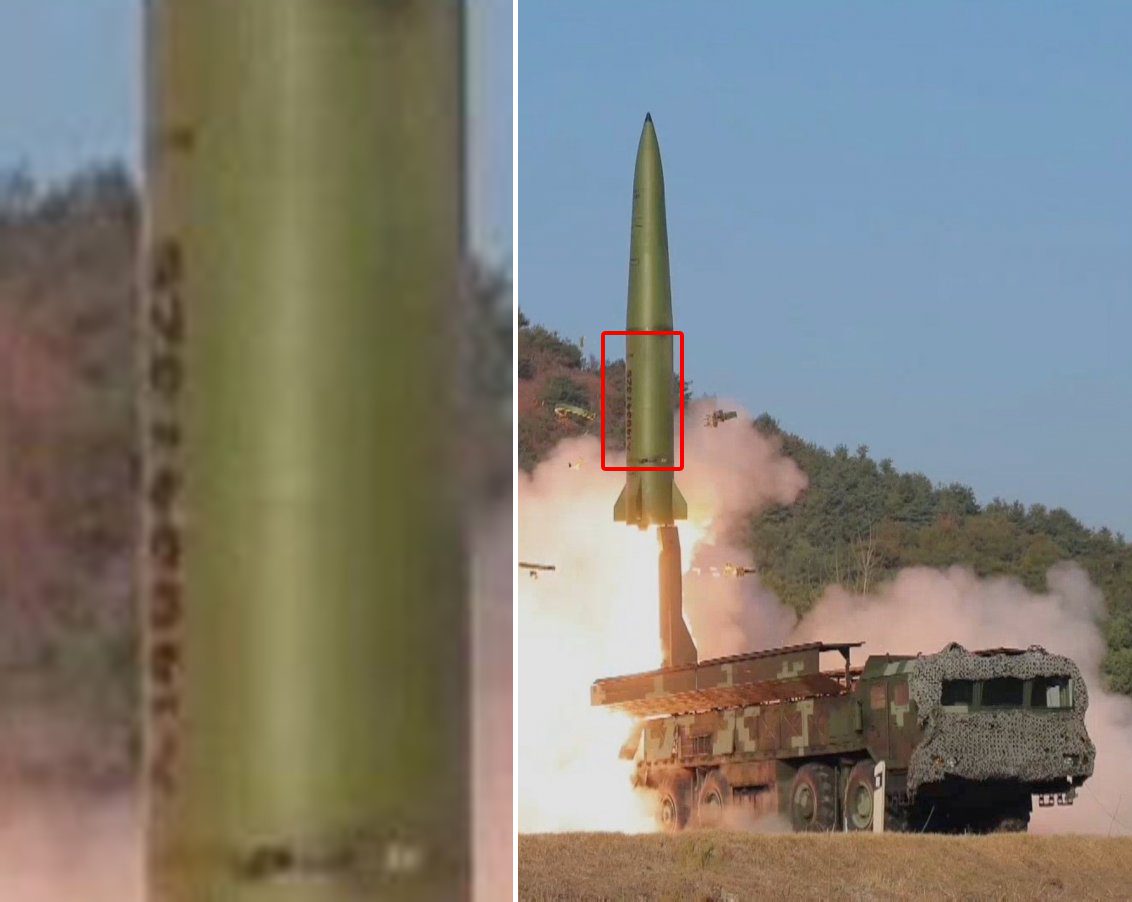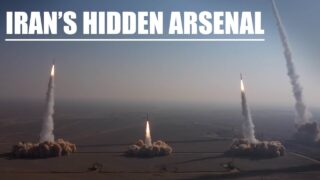
Moscow received 148 KN-23 ballistic missiles from Pyongyang in 2024, Ukraine’s spymaster says
Ukraine’s Defense Intelligence Directorate (HUR) has confirmed that Russia received 148 KN-23 ballistic missiles from North Korea in 2024, with another 150 expected in 2025. Lieutenant General Kyrylo Budanov, the HUR’s chief, disclosed these details in his remarks to The War Zone (TWZ), also confirming that Pyongyang is expected to send reinforcements to Russia.
About one-third of the about 12,000 North Korean troops sent to aid Moscow’s forces in Kursk have been killed or wounded since their combat engagement began in early December, according to Ukrainian and American officials. Before sending troops to fight against Ukraine, Pyongyang provided significant military aid to Russia’s war effort, supplying millions of artillery shells that now account for about half of Russian daily munitions, along with more than 100 short-range ballistic missiles.
The KN-23 short-range ballistic missiles provided by North Korea are actively used for strikes on Ukraine. These missiles have been launched from Russia’s Kursk and Bryansk Oblasts, targeting regions such as Zaporizhzhia and Kharkiv. The missiles, while not highly accurate, still pose a significant threat, Militarnyi notes.
The first confirmed use of KN-23 missiles by Russia occurred in late December 2023, striking Zaporizhzhia, followed by additional strikes on Kharkiv in early January 2024. Despite their limited accuracy, these missiles remain a dangerous component of Russia’s arsenal. As of December 2024, Russia fired about 60 KN-23s against Ukraine, according to the Ukrainian military.
Additionally, North Korea supplied 120 M1989 Koksan self-propelled artillery guns and 120 M-1991 240 mm multiple launch rocket systems to Russia in the last three months of 2024, according to Budanov’s remarks.
Budanov confirms expected DPRK reinforcements
Speaking to TWZ, Budanov also confirmed an earlier report by The New York Times, that Pyongyang is preparing to send ground troop reinforcements to Russia. Referring to unnamed US officials, NYT said that the new batch of North Korean soldiers will arrive in Kursk Oblast within two months, though the exact number remains unclear.
Budanov revealed that Pyongyang is expected to send additional reinforcements to Russia’s Kursk Oblast, primarily missile and artillery troops, “who typically operate hundreds of tubed and rocket artillery systems as well as the KN-23 short-range ballistic missiles,” TWZ says.
North Koreans will also provide training to Russians on all these systems, according to Budanov.
Related:












